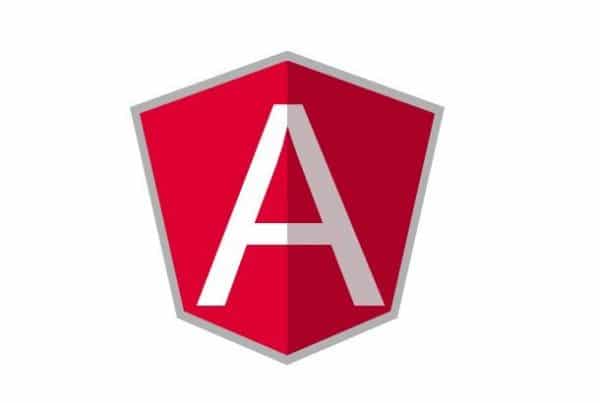The social networks they can be seen as a marketing channel that offers users the possibility to produce and share information in the easiest way, and to communicate with other users. One of the most famous examples of social media is facebook.com.
History of social media
The origins of social media date back to the mid-1990s, when the term referred to chats and conversation possibilities. Subsequent platforms tried to give users the ability to exchange views and information. With Web 1.0, the Internet was used as a one-way communication medium, which changed significantly with Web 2.0. With its introduction, another important aspect of the Internet was added. This expanded the importance of the Internet as a mere means of information and gave users the possibility to exchange points of view and, in this way, to communicate. At the same time, you no longer need specialized knowledge to be able to use the Internet. In 2003, facebook.com reached its peak, which continues to rise today. More and more users are joining the community. Meanwhile, even Social Hubs are being used to show users current news from all social networks.
Types of social networks
Social networks cover the areas of identity, communication and information exchange. It is a means of long-range and they can appear in many forms such as Microblogs or Content Communities. Social media services may include emails or websites such as the photo provider Flickr.de or the music provider Last.fm.
Services like Klout are there for research and compare web activities of social media users. This service indicates, for example, the online fame of a user in the form of the Klout score. To keep track of all online activity, Fresh Web Explorer software can be used. This can be used to research current reviews and to react quickly to negative comments.
At the same time, the ROI of a social media marketing campaign can be measured by the HubSpot social inbox software. The Fanpage Karma web analytics tool can also be used to plan and control social media marketing campaigns.
Social media services
The possibilities of using social media have changed considerably in recent years. Whereas previously social media was used exclusively on desktop computers, it is now common to use of apps. This allows specific data such as location to be shared. As a user of a cell phone device will typically have many apps available, it may take a while to search for a particular app.
The user can use social media for many different means, for example, exchanging ideas and conducting conversations at no financial cost. Social media can be used for other purposes, such as applying for jobs, and lectures can be heard in the form of podcasts.
Relevance for companies
Businesses are also getting more and more out of social media. Users can be attracted to the company through these, since social networks are commonly used for commercial promotion. This is feasible without great expense, and it is quick and easy. Websites like facebook.com are used to make users aware of the company's own web portal, or to increase brand awareness and create enthusiasm for the product. Social networks are also used for marketing and commercial promotion purposes. And they present a way to get customer feedback through comments and blogging for websites where products are sold. Fundamentally, this raises the advantage that these comments are more credible for customers.
The opportunity for colleagues to communicate via the Internet to discuss work-related activities is embedded in the notion of Enterprise 2.0.
Search engine optimization
The most important aspect in the field of social media are social signals, such as likes and shares on facebook or +1 in the Google+ search engine. The effect on the user is equivalent to that of the Backlink. Through the likes on the different social media websites the different products are made known. This is commonly seen as an argument to allow social cues to be a ranking factor. At the same time, it's not as easy to manipulate social signals as links are. It is not yet feasible to reach an exact conclusion about the meaning of social signals because, on the one hand, social signals are compared to links, which have a direct influence on search engine rankings. On the other hand, they are considered insignificant.
Opinions on the importance of social cues differ widely, but are considered significant. Although they do not count as a direct ranking factor, they do say something about the popularity of a web portal.






